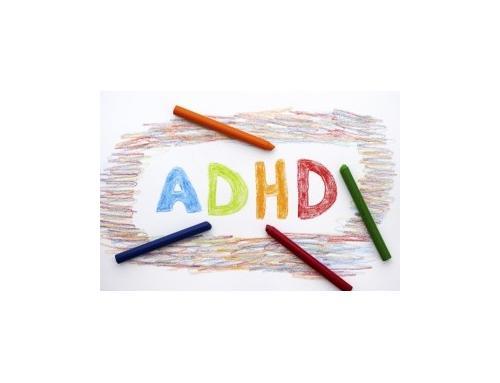Many parents whose children I see in my practice have came to me frustrated and at their wits end trying to figure out how to manage the oppositional behaviors of their child. It is a difficult road that parents must travel because on one hand promoting self reliance and individual thought is what most parents want but on the other hand, oppositional children who are not given enough boundaries can become increasing more difficult to manage.
One thing that has been consistently shown in the literature is that positive attention is the key to turning these behaviors around. It seems very counter-intuitive to praise a child who is misbehaving and this is certainly not the advice I am giving. The important thing that parents often do not realize is that children crave parental attention. They will do nearly anything to get it and if they are not getting praise they will seek out negative attention instead. They will quickly learn that the best way to get mommy or daddy’s full and undivided attention is by misbehaving and soon a maladaptive cycle will begin that will end it your child being labeled as difficult to manage. The research has shown that consistently setting aside 10-15 minutes a day to engage in imaginative play with your child can decrease oppositional behaviors up to 50%!
If you find you are spending more of the day telling your child “stop doing that” rather than “great job for getting that done” I would suggest you consider working with a trained therapist to receive parent behavioral training because it is quite amazing how sometimes even small and consistent interventions can lead to significant positive outcomes.
Many thanks to Stuart Thomas live talk show TV host + producer with Tucson Access Cox 20/Comcast 74. His show is on every first Friday of the month at 6:30pm.
by Anna Shier, DO
The content on this website is not intended to be a substitute for professional medical advice, diagnosis, or treatment. Always seek the advice of your physician or other qualified health provider with any questions you may have regarding a medical condition.





